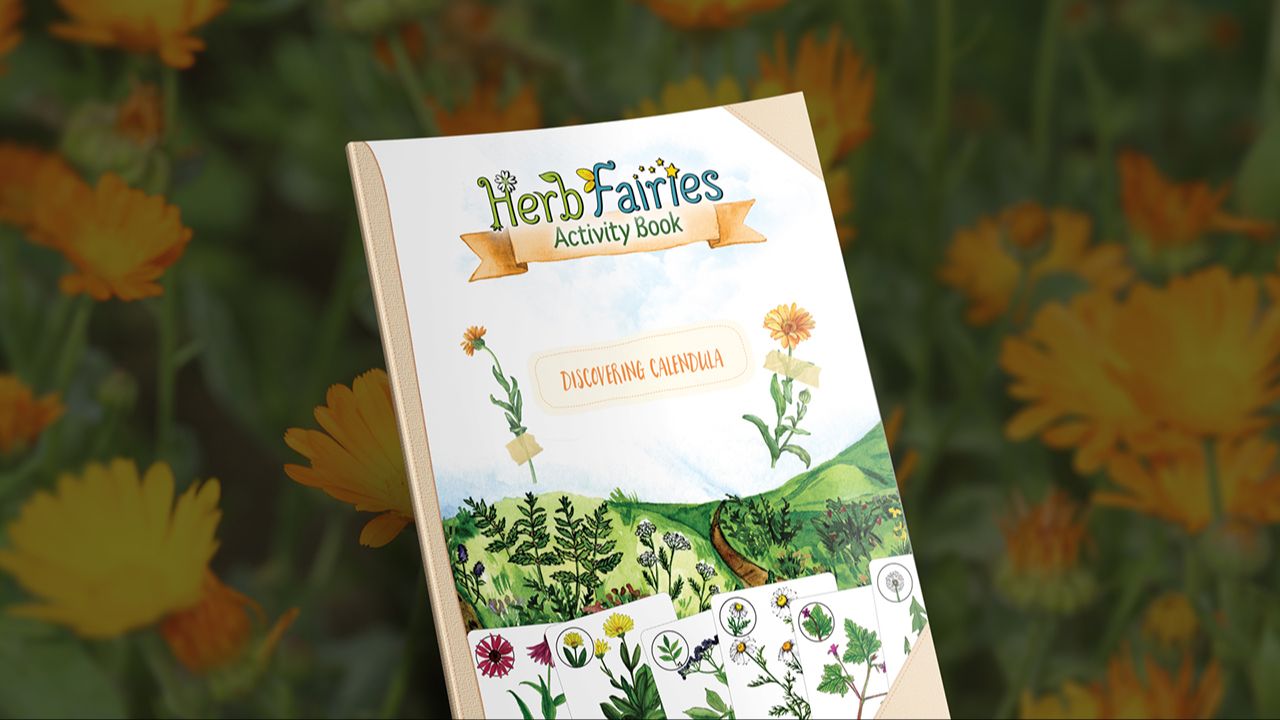
Lemon Verbena Uses and Plant Monograph
Lemon verbena is an aromatic plant from the Andes Mountains in South America where it was used by traditional healers of the Incas. It was introduced in Europe by the Spanish and Portuguese during the 17th century and became widespread in North America, Eurasia, and Africa. The plant became popular throughout the European and North American continent for use in herbal medicines, foods, beverages, and perfumes. Lemon verbena is not to be confused with blue vervain (Verbena officinalis), which is botanically unrelated.

Lemon Verbena Uses & Plant Profile Summary:
- Botanical Name: Aloysia citrodora Paláu
- Other Common Names: lemon beebrush, Louisa, verbena, vervain, yerba Louisa, cedrón, cidron, citró, hierba Luisa, Maria Luisa, limonete, erva-luísa, falsa-erva-cidreira, salva-limão, Lúcia-lima, cidrão, wari pankara (quechua language of the Incas)
- Family: Verbenaceae
- Parts Used: Leaves, flowering top
- Energetics: cooling
- Taste: citrus, sweet, strong lemony scent, mildly astringent
- Plant Properties: anti-inflammatory, antioxidant, antimicrobial, antispasmodic, carminative, astringent, digestive tonic, febrifuge, cardiotonic, neuroprotective, nervine, sedative, expectorant, anticancer (antimutagenic, antigenotoxic, and antiangiogenic), analgesic, hypotensive
- Plant Uses: digestive ailments, respiratory infections, skin conditions, arthritis, insomnia, improved concentration, recovery from physical exertion
- Plant Preparations: infusion, tincture, essential oil, honey, vinegar, poultice, compress, nutritional food, perfume, potpourri
As a lemon-scented cooling plant, lemon verbena has a variety of applications in many cultures. The plant supports the digestive and respiratory systems, helps improve brain function and sleep, and aids in recovery from physical exertion. It is also useful for skin conditions and is very common in perfumes and potpourri. Lemon verbena is a delightful, aromatic plant to grow in the garden and can add a delicious flavor to many culinary recipes.

Lemon Verbena for Digestive Support
Due to its anti-inflammatory, antispasmodic, and carminative properties, lemon verbena can help reduce heartburn, nausea, stomach cramps, bloating, and flatulence. The plant can also help relieve diarrhea due to its astringent properties and act as a vermifuge to expel intestinal worms.1 In many cultures, lemon verbena tea is enjoyed after a large meal to support digestion and soothe discomfort.2,3
There have been many scientific studies on the essential oil of lemon verbena. Most notably, the plant has demonstrated antibacterial function against Escherichia coli, a type of bacteria that can cause infections in the GI tract, urinary tract, and other parts of the body, and Staphylococcus aureus, a bacteria that affects the respiratory tract and skin.4 Studies have also tested the effectiveness of the essential oil against Pseudomonas aeruginosa, a bacteria that can affect the GI tract, lungs, skin, and blood and which is usually contracted in hospital settings, but the bacteria demonstrated resistance.5,6
Lemon verbena also helps in clearing congestion in the liver through its cooling action and by aiding in the digestion of fats. As a result, there are some indications that it may help with cirrhosis of the liver.7

Lemon Verbena for Respiratory Support
As an aromatic plant, lemon verbena has an affinity to the lungs. Due to its expectorant and antispasmodic properties, it is useful in relieving symptoms of colds, clearing sinus congestion, and relieving asthma.8,9An ethnobotanical study of Kallawaya, the traditional healers in the Andes Mountains, documented that lemon verbena was used for bronchitis.10 In Brazil, lemon verbena tea is used to ease colds and fevers.11
A few drops of the essential oil of lemon verbena can be added to room diffusers or during a hot shower to help relax the lungs and contribute to faster recovery of respiratory infections. It can also help awaken the senses after a night of restless or insufficient sleep. I particularly like adding a few drops of a citrus-scented essential oil to the shower (just a couple drops on the floor tile) when I need to clear morning sleepiness and brain fog.

Lemon Verbena for Brain & Sleep Support
Lemon verbena has neuroprotective and sedative properties that can aid in concentration and improved sleep. The plant is especially helpful for those who suffer from insomnia. Verbascoside, the most abundant polyphenol found in the plant, has antioxidant, anti-inflammatory, and antimicrobial effects.
A clinical study with people who reported having high levels of stress and poor sleep quality demonstrated that lemon verbena, particularly verbascoside, can effectively reduce anxiety and improve sleep quality.12 Participants of the study ingested a natural plant-based dietary supplement comprised of lemon verbena extract for 8 weeks. At the 8-week mark and 4 weeks later, participants both times reported lower stress levels and improved quality of sleep, indicating the lasting effect of the plant in the body. A decrease in cortisol levels corroborated the participants’ positive outcome.13 This study helps remind us that plants can support our health even after we have stopped using them in our self-care practices.

Lemon Verbena for Emotional Support
Lemon verbena is well known for its uplifting and calming scent, which can aid in relieving anxiety and emotional distress. In Mexico, the plant is also used to relieve sadness.14 The plant can be combined with other nervines, including blue vervain (Verbena officinalis), to relieve emotional stress particularly centered in the digestive system. Because of its toning properties, lemon verbena can help strengthen emotional capacity and support healing through highly sensitive moments of life.
Personally, I like blending dried lemon verbena leaves with hawthorn leaf, flower, and berry (Crataegus), for relief of heavy emotions related to the heart and for a nourishing sweet-citrus infusion.

Lemon Verbena for Muscle Recovery & Joint Pain
Lemon verbena contains anti-inflammatory properties that can help muscle recovery after a workout and relieve joint pain for those who suffer from arthritis and rheumatism. The plant has an affinity for the joints and is applicable to both normal wear-and-tear and to those who have acute joint inflammation. In Ecuador, cooked lemon verbena leaves are made into a poultice and applied to areas of pain caused by rheumatism.15
A scientific study based in Germany demonstrated that a lemon verbena extract helped with faster recovery and significantly less loss of muscle strength after exercise.16 The plant can particularly help protect against oxidative damage caused by physical exertion. Oxidative damage is caused by free radicals, which are unstable oxygen molecules. Reducing these molecules in the body can help prevent inflammatory conditions that lead to disease.
A refreshing cold tea of lemon verbena leaves after an intense workout is a great way to support the body to recover quickly and well.

Lemon Verbena for Skin Care
The healing effects of lemon verbena in the body are also applicable to the skin. The leaves can be applied as a topical poultice and its astringent and anti-inflammatory properties can help in healing varicose veins, acne, boils, and external hemorrhoids. An ethnobotanical study in Brazil documented that lemon verbena tincture is applied on the skin for its antibacterial properties.17,18
Preliminary studies have demonstrated that lemon verbena in an ethanolic extract has promising effects against candida albicans, a fungal infection that commonly lives on the skin but can cause rashes.19 Overproduction of candida can cause infections that require attention.
Lemon verbena essential oil can be added to herbal oils and creams for use on the skin. It can also be made into an aromatic hydrosol which can support the health of the face and skin through its antibacterial and astringent properties.

Other Therapeutic Uses
For centuries, lemon verbena has been popular for use in aromatherapy. The plant is most abundantly cultivated in France, Algeria, and Morocco for the extraction of its essential oil, which is made into perfumes, soaps, and a variety of other sweetly-scented products. The dried leaves can also be included in sachets for the pillow or clothes drawer, and can be included in herbal baths for an aromatic and relaxing soak.
Dried leaves can retain their odor for many years which makes it convenient to include in aromatic sachet blends. Lemon verbena is also a popular scent in soaps, body care products, and air fresheners. Next time you need to vacuum, add a few of the dried leaves to the vacuum bag and enjoy the fresh lemony scent in the room.
“The faint of lemon verbena surrounded her, floating gently from Eleanor Butler’s silk gown and silken hair. It was the fragrance that had always been part of Ellen O’Hara, the scent for Scarlett of comfort, of safety, of love, of life before the War.”

Lemon Verbena in Foods
There are no limits to the sweet and savory recipes that lemon verbena can be featured in. From herbal tea blends to desserts to salad dressings, lemon verbena has a versatile flavor that can be included in many beverages and foods.
In herbal tea blends, I particularly enjoy a blend of lemon verbena and hibiscus flowers. In the summer, this blend can be combined with lemonade for a cooling and refreshing beverage. Lemon verbena can also be infused in herbal vinegar, honey, and oxymel. Both the fresh and the dried leaves can be used, depending on availability.
When using fresh lemon verbena leaves, store them in the refrigerator for up to two days. It is best to use them right away after harvesting. The dried leaves should be stored in a jar away from sunlight and will retain their medicinal benefits for approximately a year.
In desserts, lemon verbena can add a delightful flavor to cake, pudding, sorbet, and ice cream. Marinades for meat and fish dishes can also be accentuated with the addition of lemon verbena. The fresh leaves are edible and can be added to salads or used as a topping to decorate the main course or sweet dessert.
“It was lemon verbena day, so the house was filled with a sweet-tart scent that conjured images of picnic blankets and white clouds shaped like true-love hearts.”

One recipe that sounds delightful is an herbal butter made with lemon verbena and lemon balm (Melissa officinalis). The combination of both lemon-scented herbs makes this a great spread for scones, biscuits, or muffins. Mix these ingredients and let sit overnight:
Lemony Strawberry Butter20
- 1/2 cup softened unsalted butter
- 1–1/2 tbsp. sugar 4 tbsp. minced strawberries
- 1 tsp. minced fresh lemon balm
- 1 tsp. minced fresh lemon verbena
Constituents
Volatile oils (with monoterpenes neral and geranial, the mixture known as citral), flavonoids, phenylpropanoids, and phenylethanoids (including verbascoside)
Plant Preparations and Dosage Suggestions
- Herbal infusion: 10 fresh lemon verbena leaves steeped in a teapot (4 cups) for 5-10 minutes. Drink 3–6 cups daily. When using dried plant material, half the amount.21
- Tincture: (1:4, 40% alcohol, dried herb) 1-2 mL in water or under the tongue 2–3 times per day.22

Special Considerations
Lemon verbena is considered safe, although its safety has not been fully assessed during pregnancy.
Summary
Lemon verbena is an aromatic medicinal plant used in many traditional cultures. It is helpful for the digestive and respiratory systems, can address inflammatory conditions, and support recovery from physical exertion and mental stress, as well as improve sleep quality. With its aromatic lemon flavor, lemon verbena can be enjoyed in a variety of herbal formulas and culinary recipes.









